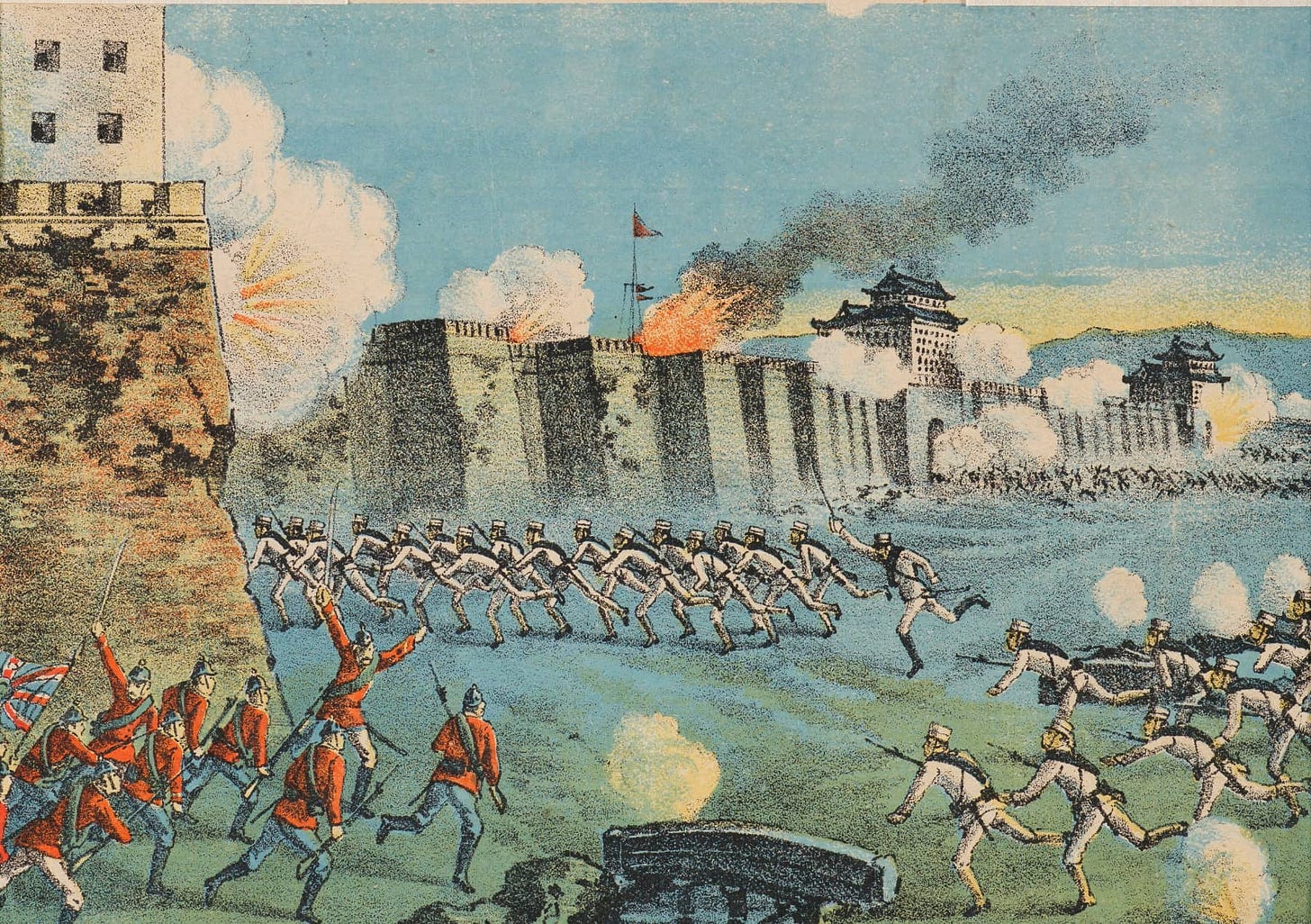Does Taiwan Want to Fight?
It seems woefully unprepared for the bloodshed that could be coming soon.
The night before boarding a flight back home, at the tail end of a trip that has taken me literally around the world—from DC to Taiwan, Japan, Skopje, Istanbul, and back again—I came across a tweet that succinctly crystallized many of the fleeting impressions I accumulated on the Pacific leg of my journey. The tweet was from Tanner Greer, the brilliant …




